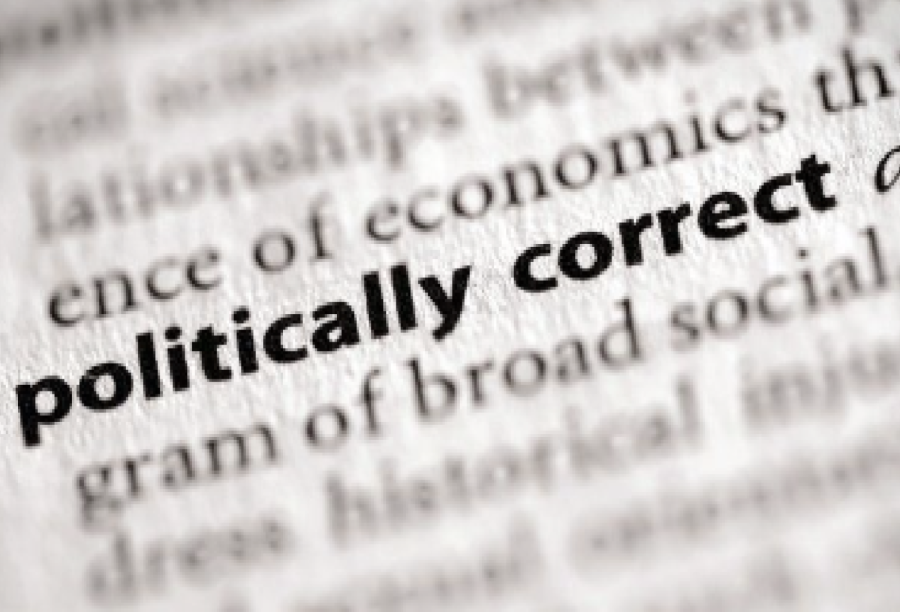Not Letting Political Correctness in America Stop Important Conversations
The issue of political correctness has held a vice-like grip on American society for the past decade. Everyone and their mother has heard someone say about a million times how political correctness has ‘gone too far.’ However, if it wasn’t such a contentious subject, then it wouldn’t be so extensively argued about. It is often the case that when a topic lingers in the public sphere for a long period of time, it means that it holds a lot of significance in our society. When it comes to political correctness, the controversy is not a question of whether it is a necessary social convention. I think most people would agree that there will always be situations where it is appropriate. Rather, the argument lies in the extent of its usage. The questions of when it is acceptable to not be politically correct in conversation, and what crosses the line when it comes to being PC are the ones at the forefront of our current public consciousness.
In my opinion, the problem with Americans’ obsession with political correctness is not that it detracts from the quality of conversations that already take place, but more so that it stifles certain conversations from occurring to begin with. People are so hyper-sensitive to the custom of being PC that they would rather not even bother engaging in a discussion that might lead into non-PC territory. Ultimately, what ends up happening is that the uncomfortable but highly necessary discourses which create real change in the way that people view controversial topics don’t occur, and our society doesn’t make the progressive changes that it needs to.
Transgender athletes, specifically transgender women competing in women’s sports, have been in the news a lot recently. The subject matter is delicate. Our society is still working out how to incorporate changes that reevaluate gender and sex norms in our society, but political correctness has made this an incredibly uncomfortable and messy process. People probably have very strong opinions about transgender rights, but I think political correctness leads most people to be disingenuous when they have conversations on the subject.
There is the small, vocal minority on the ends of the transgender athletes’ rights issue whose voices tend to be the loudest, but, from my view, the vast majority of Americans stay silent on the issue, maybe because of not wanting to violate the PC taboo, and that is the problem. According to statistics from a Washington Post article published in June of last year, the majority sentiment is that we as a country are not quite ready to embrace such a paradigm shift in athletics. If everybody is afraid to say what they really think, changes are going to happen, but they won’t be the type of changes that make a meaningful and progressive step forward in our society. The folks on TV shouldn’t be the only ones deciding the fate of these issues.
Transgender participation in athletics is just one of many other issues that I think Americans are afraid to discuss outside of their own homes out of the fear of breaking the taboo of political correctness. Racism and systemic inequality, gender equality, what children are taught in school and mental health are all other issues that don’t get talked about enough — not because people don’t have well-founded opinions on them, but because they we are too afraid to even start a conversation with someone they aren’t very close with out of fear of seeming non-PC.
Political correctness is not an inherently bad thing. There are always situations at work, school and even home where it is necessary; it encourages formality and professionalism, which can be beneficial. With that said though, too much political correctness is a bad thing. It means that things that should get discussed — that need to be discussed — don’t end up getting talked about. People are left having these non-PC discussions only with people that they know they won’t offend, which creates a vicious cycle of confirmation bias that entrenches built-in stereotypes. When it comes to the hard stuff, you can’t always just hear what you want to hear.

Richie Rosen is a sophomore from Los Angeles, CA concentrating on economics with a minor in political science. He has previously served as a staff writer...










